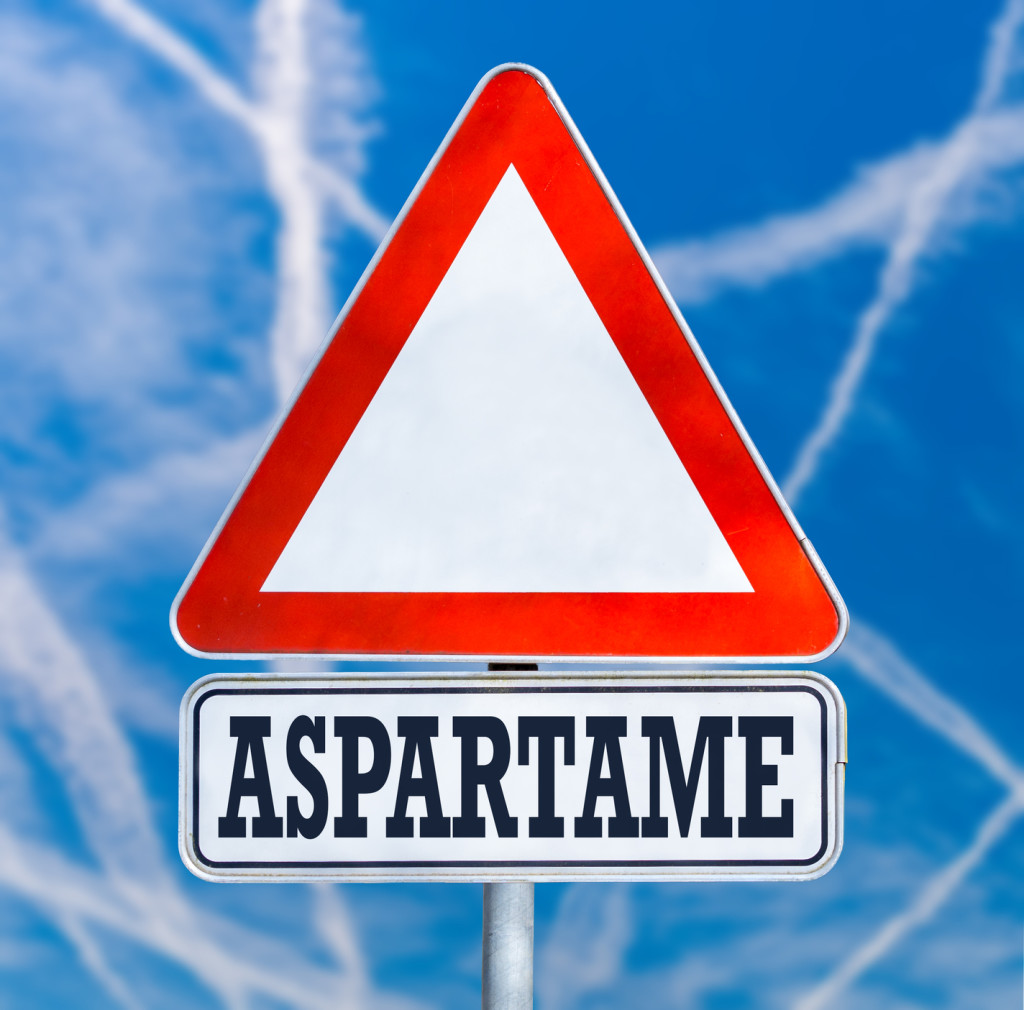 A few months back I started a series of articles on Aspartame, the artificial sweetener. The article was based on my personal experience and research. I understand that there are many out there who feel that this product is safe for consumption; in fact, it does have GRAS (Generally Regarded As Safe) status with the FDA. This despite the fact that over 75% of ALL adverse reactions (to any substance) voluntarily reported to the FDA through proper measures (usually through licensed doctors and health care providers) are attributed to adverse reactions to aspartame. The symptoms range from headaches and rashes to death.
A few months back I started a series of articles on Aspartame, the artificial sweetener. The article was based on my personal experience and research. I understand that there are many out there who feel that this product is safe for consumption; in fact, it does have GRAS (Generally Regarded As Safe) status with the FDA. This despite the fact that over 75% of ALL adverse reactions (to any substance) voluntarily reported to the FDA through proper measures (usually through licensed doctors and health care providers) are attributed to adverse reactions to aspartame. The symptoms range from headaches and rashes to death.
The very research that was submitted to the FDA when the product was submitted for approval was found to be questionable by an FDA statistician reviewing the case. So much so, an outside organization, The Bureau of Foods, was asked to come in and review their findings. The results are documented in The Bressler Report where it was shown that the product was approved using seriously flawed data- including animals that died but were reported as healthy and others not receiving autopsies to determine cause of death. Cancerous growths being removed from study animals that were getting regular doses of aspartame, the tumors being thrown away and the animals returned to the study and reported as healthy.
There have been other documented cases of research into possible dangers being started by the companies that have owned aspartame over the years, including Searle and Monsanto, interestingly, most have not been completed. The studies were shut down after initial findings showed elevated risks and dangers. Those that were completed, post incomplete and vague data.
Even without double blind placebo studies, the risks are clear in the chemistry of the substance. Aspartame is made up of two amino acids: aspartic acid and phenylalanine. The phenylalanine is altered to carry a methyl group. This bond is called methyl ester. This is what gives the substance its sweet taste. Once ingested, the methyl ester breaks off and forms methanol or wood alcohol. (A documented dangerous substance) Additionally, as it passes through the body ADH acts upon the methanol and converts it to formaldehyde. The adverse effects of formaldehyde on DNA and neuro proteins, including those in the brain, are well documented and taught as facts in colleges and medical schools.
To say that the dangers linked to this substance are anecdotal, and thus should be dismissed, because not everyone experiences them is , in my opinion, insulting and naive at best. If you go to sleep at night and wake up and there is a foot of snow on the ground outside of your house, do you need a scientific study to prove that it snowed? Your observation of snow is anecdotal. Did everyone in the world wake up with snow outside their homes on that same day? No, but does it make the snow in your life any less of an inconvenience? Does it only become real with a double blind placebo study?
The FDA has its database for adverse reactions to determine when a substance is found to be a risk to the general population. We all understand that studies, even when performed properly and responsibly, cannot truly demonstrate what the reaction of the population at large will be to a drug or food substance. This database is used to determine whether the risks outweigh the benefits or if more research is required. The adverse reactions to cigarette smoking, Phen Phen, Redux and a number of products that have been proven scientifically to be harmful, started with anecdotal data from the general population. These were REAL symptoms, in REAL people who suffered- well before any lab confirmed the pain that they were living day by day.
Personally, I have made my own decision to avoid substances that I have determined to be risky. I honor and respect the choices that others make, even when they don’t align with my own personal beliefs. Aspartame is one of the substances that I feel the risks associated with it, outweigh the benefits. Others may disagree.
There was a time when smoking was promoted as a healthy social norm, where people were told that drugs like Redux and Phen Phen were the key to their healthy, happy futures. Science has since caught up to the anecdotal data and there is no doubt in our minds that these products were and are harmful.
Even though the promoters of the products claimed that they were not. Is it possible that aspartame may be the next Redux? Is it worth the risk to find out?
LEARN TO LOVE YOUR LIFE AGAIN
 Do you feel like you need to hit the REFRESH button on your life? Download our free guide and begin to create your best life yet!
Do you feel like you need to hit the REFRESH button on your life? Download our free guide and begin to create your best life yet!



It’s a shame that aspartame is allowed by the FDA. The smallest amount gives me a headache for a couple of days. I feel fortunate that my body is warning me. Now I’m very good about avoiding it. However, in the past when I had an unexplained headache, I would review what I had consumed and very often would discover I had ingested aspartame.